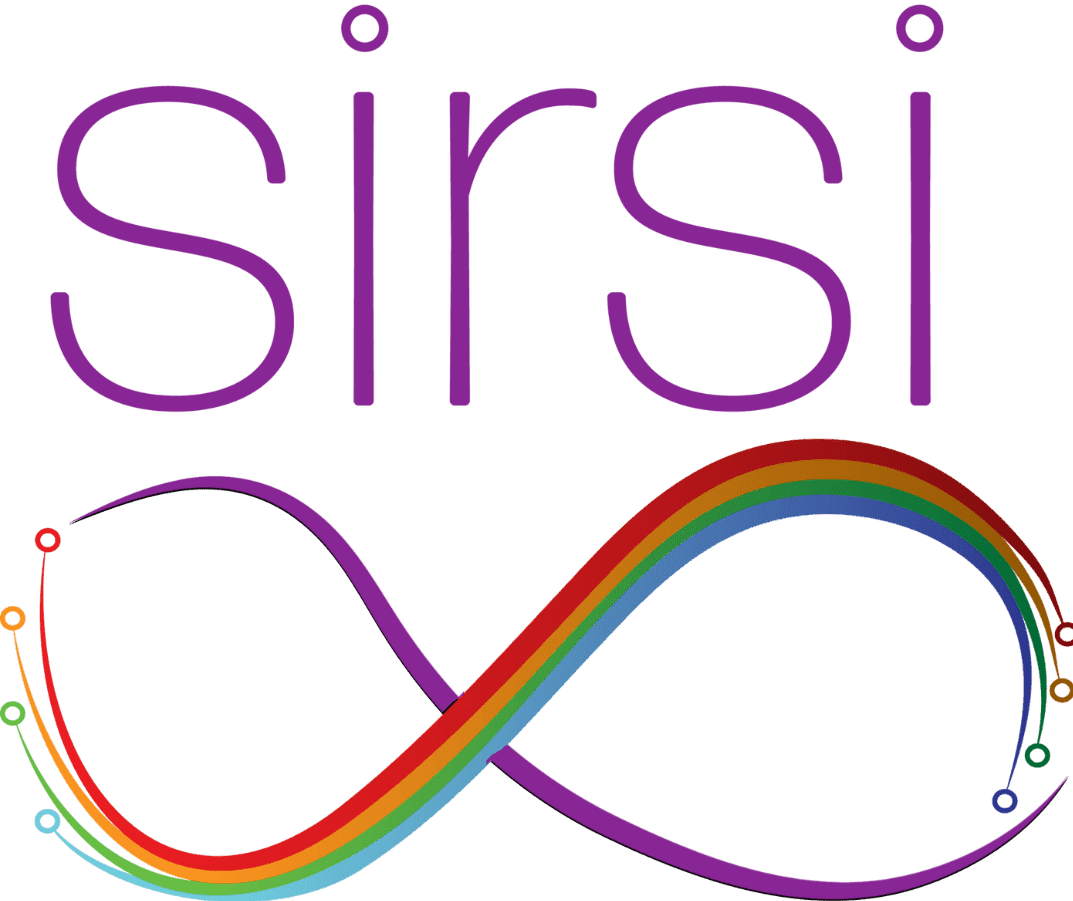Demystifying Natural Language Processing (NLP) for Businesses

Posted on March 20, 2024
Businesses are constantly seeking innovative solutions to gain a competitive edge. One such groundbreaking technology that has gained prominence in recent years is Natural Language Processing (NLP). While NLP may sound complex and daunting, it holds immense potential for businesses across various industries. In this article, we'll delve into the intricacies of NLP, demystify its concepts, and explore its practical applications for businesses.
Understanding Natural Language Processing (NLP)
At its core, NLP is a branch of artificial intelligence (AI) that focuses on enabling computers to understand, interpret, and generate human language in a meaningful way. Essentially, NLP equips machines with the ability to comprehend and respond to natural language inputs, such as text or speech, akin to how humans communicate with each other.
Key Components of NLP To grasp the essence of NLP, it's essential to familiarize oneself with its fundamental components:
- Text Understanding: NLP algorithms analyze and interpret the structure and semantics of textual data, extracting insights, and understanding context. This process involves tasks such as text classification, sentiment analysis, and entity recognition.
- Language Generation: NLP enables computers to generate human-like language, whether it's in the form of automated responses, summarizations, or content generation. Language generation algorithms employ techniques such as natural language generation (NLG) to produce coherent and contextually relevant text.
- Language Translation: NLP facilitates language translation by automatically converting text from one language to another. Translation algorithms leverage advanced linguistic models and neural networks to achieve accurate and fluent translations across different languages.
Practical Applications of NLP for Businesses
Now that we've established a foundational understanding of NLP, let's explore how businesses can leverage this transformative technology to drive innovation and efficiency across various domains:
- Customer Service and Support: NLP-powered chatbots and virtual assistants revolutionize customer service by providing instant and personalized support round-the-clock. These AI-driven systems can understand customer inquiries, resolve issues, and escalate complex queries to human agents seamlessly, enhancing overall customer satisfaction and retention.
- Market Intelligence and Sentiment Analysis: NLP algorithms sift through vast volumes of textual data from social media, customer reviews, and news articles to extract valuable insights and sentiment trends. Businesses can leverage these insights to gauge market sentiment, monitor brand perception, and identify emerging trends, thereby informing strategic decision-making and marketing campaigns.
- Content Curation and Personalization: NLP enables businesses to curate and personalize content for their target audience with precision and relevance. By analyzing user preferences, browsing behavior, and demographic data, NLP algorithms can recommend tailored content, products, and services, fostering deeper engagement and loyalty among customers.
- Compliance and Regulatory Compliance: In industries governed by stringent regulations and compliance requirements, NLP plays a crucial role in automating regulatory compliance processes. NLP-powered systems can analyze legal documents, contracts, and regulatory texts, extracting key clauses, identifying risks, and ensuring adherence to compliance standards, thereby mitigating legal risks and liabilities.
- Voice Recognition and Virtual Assistants: With the proliferation of voice-activated devices and virtual assistants, NLP enables businesses to interact with customers through natural language voice commands. Voice recognition technology powered by NLP algorithms enables hands-free operation, voice-based search, and voice-enabled commands, enhancing user experience and accessibility.
- Fraud Detection and Security: NLP algorithms are instrumental in detecting fraudulent activities and enhancing cybersecurity measures. By analyzing textual data from transaction records, emails, and online communications, NLP-powered systems can identify suspicious patterns, fraudulent behaviors, and potential security breaches, enabling businesses to preemptively mitigate risks and safeguard sensitive information.
Implementing NLP in Your Business Strategy
Integrating NLP into your business strategy can yield substantial benefits in terms of efficiency, productivity, and competitiveness. Here are some steps to consider when implementing NLP solutions:
- Define Clear Objectives: Clearly outline your business objectives and identify specific use cases where NLP can add value, whether it's improving customer service, enhancing marketing efforts, or streamlining operational processes.
- Choose the Right NLP Tools and Platforms: Evaluate various NLP tools and platforms available in the market based on your business requirements, scalability, and compatibility with existing systems. Look for features such as robust language models, customization options, and developer-friendly interfaces.
- Data Preparation and Training: Ensure that you have access to high-quality and diverse datasets for training NLP models. Preprocess and annotate your data to improve model accuracy and performance, and iteratively train and fine-tune your models based on feedback and real-world usage.
- Monitor and Evaluate Performance: Continuously monitor the performance of your NLP models in production environments and gather feedback from users to identify areas for improvement. Regularly update and retrain your models to adapt to evolving business needs and changing linguistic patterns.
- Ensure Ethical and Responsible Use: Consider the ethical implications of deploying NLP technologies, particularly concerning data privacy, bias mitigation, and transparency. Implement safeguards and governance frameworks to ensure responsible and ethical use of NLP across your organization.
In conclusion, Natural Language Processing (NLP) holds tremendous potential for businesses looking to enhance customer engagement, improve operational efficiency, and gain actionable insights from data. By embracing NLP-powered solutions, businesses can stay ahead of the curve and position themselves for success in today's competitive landscape.
Ready to harness the power of NLP for your business? Contact Sirsi today to learn more about how our advanced compute solutions, including NLP-powered interfaces, can help you unlock new opportunities and drive business growth. Let's embark on this transformative journey together!
Send a Message
Ready to optimize your business's infrastructure? Simply fill out the form below, and one of our experts will be in touch to discuss your specific needs and how we can help you achieve your goals.
